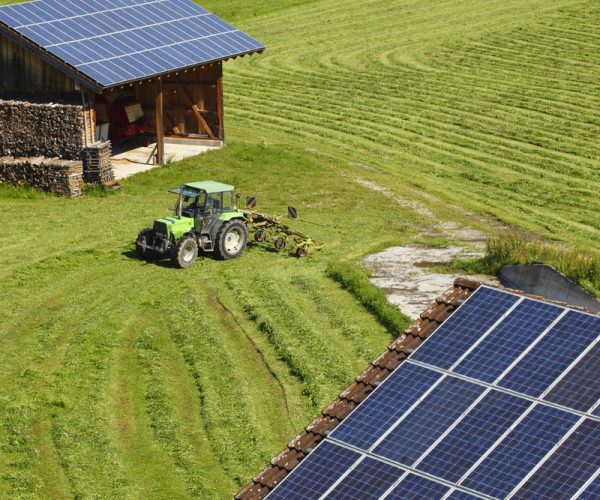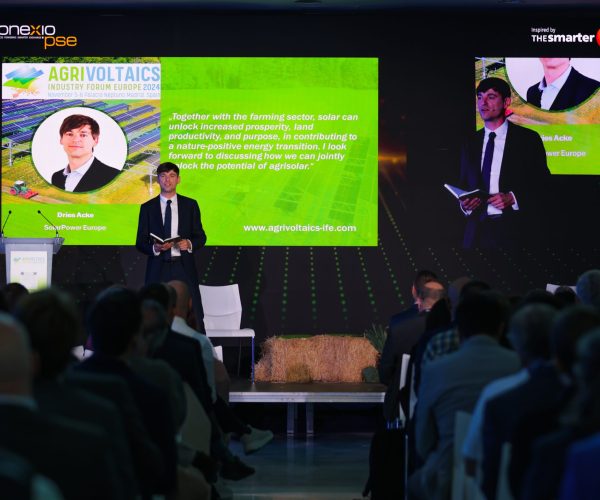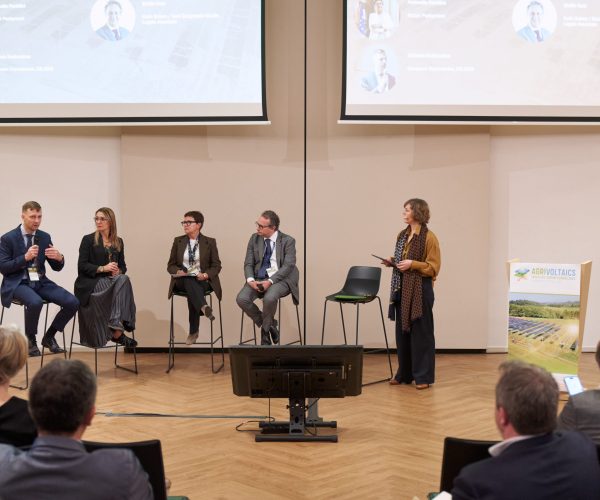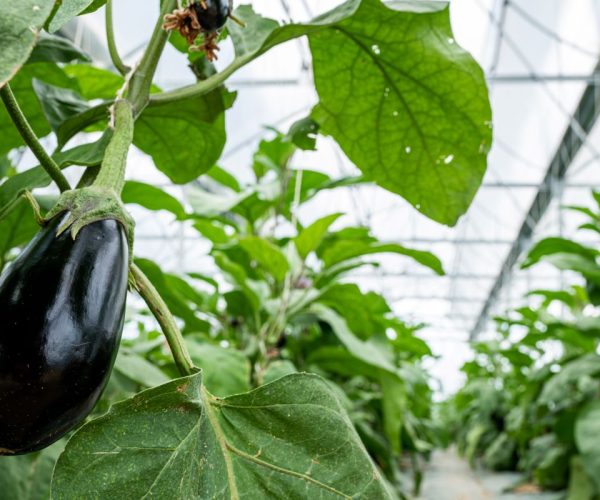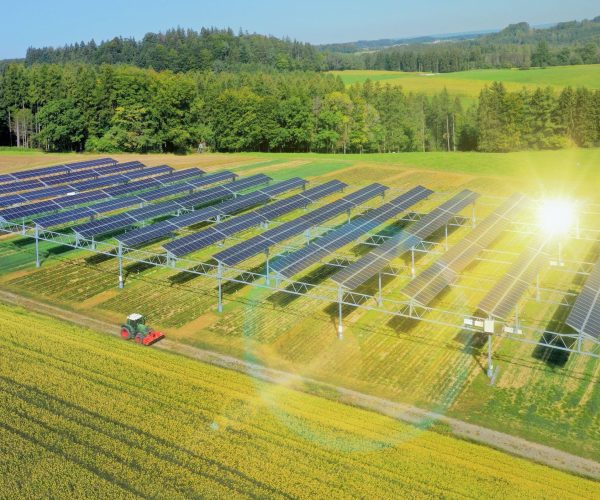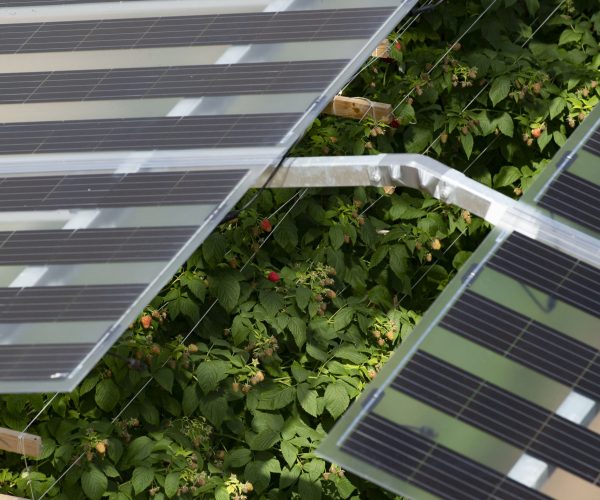Promoting Agrisolar Solutions in Moldova
On 15 July, SolarPower Europe was delighted to co-organise a workshop with GIZ Moldova, the Ministry of Agriculture and Food Industry, and the Ministry of Energy of the Republic of Moldova, bringing together policymakers, farmers, and energy developers, to discuss best practices and regulatory frameworks for agrisolar and solar PV installations in the country.
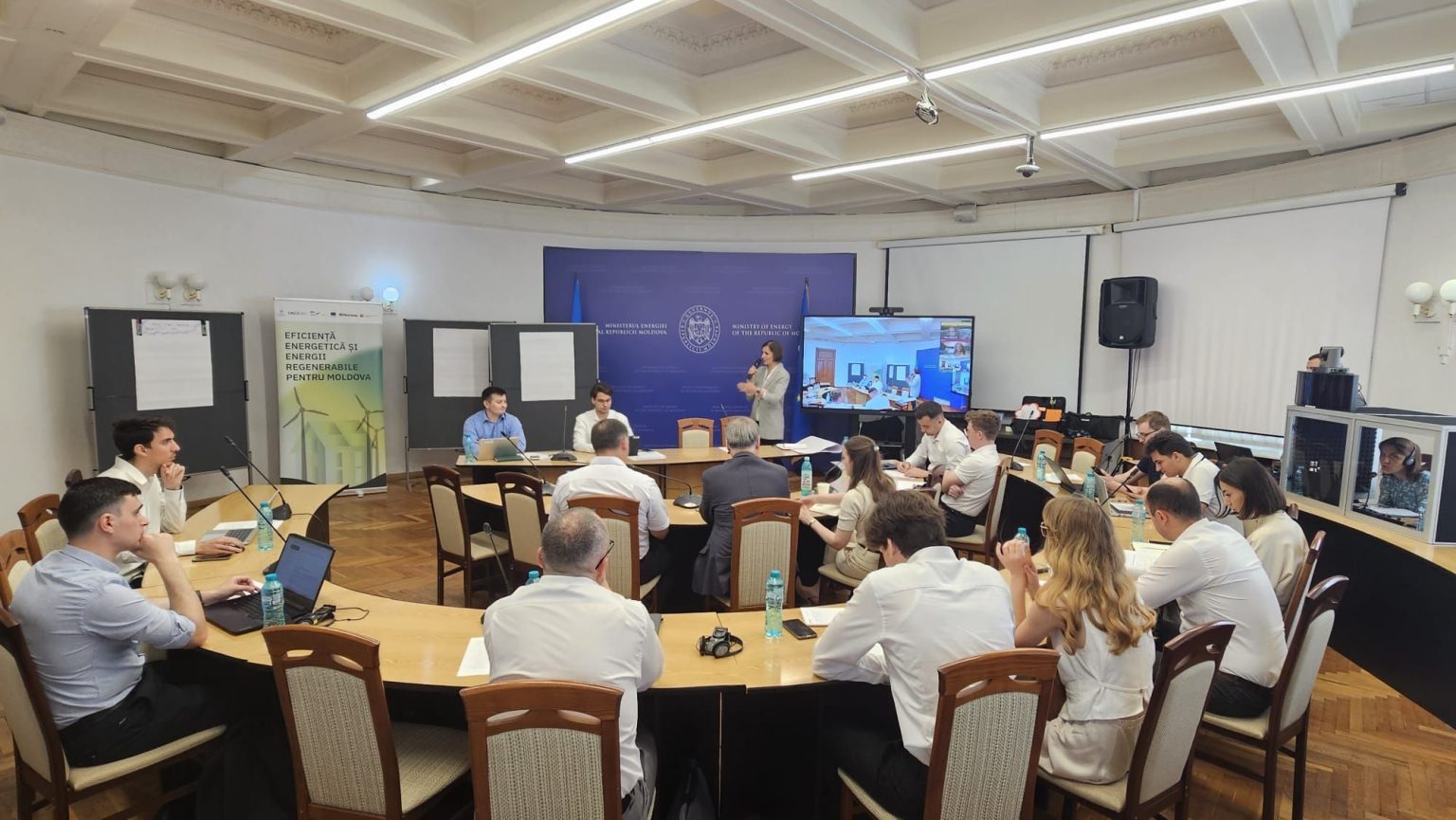
Photo: © SolarPower Europe
The event provided an overview of the Moldovan renewable energy sector, infrastructure, regulatory framework, key stakeholders and planned developments; looked at the draft technical regulations and guidelines in relation to the country’s new Land Code; and discussed the role of private sector project developers and farmers in agrisolar legislation.
The Moldovan Ministry of Energy kicked off the event with an overview of the renewable energy landscape in Moldova. Nicolae Magdîl, Head of the Renewable Energy Sources and Green Mobility Directorate, at the Moldovan Ministry of Energy, emphasised how over 70% of Moldova’s energy is imported, exposing the economy to geopolitical risks which ultimately threaten the country’s energy security. In addition, he emphasised how the country’s target is to generate 30% of its electricity from renewable energy sources like solar; currently, renewable energy is supplying 25% of its electricity supply.
Following this, Claire Morin, Project Officer at SolarPower Europe, and Sehlule Ndlovu, International Project Officer at SolarPower Europe, presented the EU regulatory framework, business models and best practices for agrisolar.
Finally, Next2Sun and Syndicat des Energies Renouvelables (SER), the French Renewable Energy Association, shared insights from the German and French regulatory framework, respectively.
In France, Salome Durand, Solar PV Manager, and Elodie Saillard, Legal and Institutional Affairs Manager at SER, examined key elements and governance structures for agrsiolar-specific legislation in the country. They noted some key differences between France and Moldova, including how Moldova’s current law restricts agrisolar systems to metal structures only; France allows wood/metal to be used in systems, but bans soil sealing, i.e. PV structures must use non-degradable, removable materials (e.g., metal/wood piles) to prevent the destruction or covering of the ground.
Finally, Janna Hikler from Next2Sun broke down lessons learned from the German context, and the role of private sector developers in successful agrisolar implementation.
The workshop was organised in the context of the Energy Efficiency and Renewable Energies for Moldova (E4M) project, which is implemented by GIZ together with the Government of the Republic of Moldova, and commissioned by the German Government.
SolarPower Europe is looking forward to working further with GIZ Moldova to facilitate the acceleration of solar projects in the country!
Explore 200+ projects on the agrisolar digital map
these might be interesting to you as well
